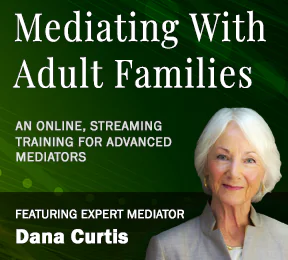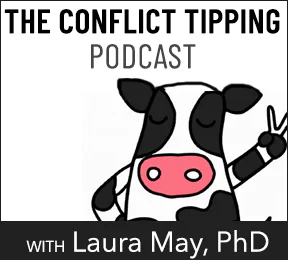Moreover, the new law provides that every settlement agreement addressing such claims “shall include a bold, prominently placed notice that although the parties may have agreed to keep the settlement and underlying facts confidential, such a provision in an agreement is unenforceable against the employer if the employee publicly reveals sufficient details of the claim so that the employer is reasonably identifiable.”
Many New Jersey mediators consider it their responsibility to encourage parties’ counsel, when drafting an MOU memorializing a settlement agreement at the end of a mediation, to include words to the effect that, while further documentation is contemplated, the parties agree to be bound by the terms in the MOU. This is in compliance with the New Jersey Supreme Court’s requirement, in the Willingboro Mall case, that mediated settlement agreements must be in writing to be enforceable.
Is it now best practice in New Jersey for mediators to alert parties settling harassment claims that a non-disclosure provision that was bargained for is in fact illusory? What if they understand that principle but don’t write the acknowledgement into the MOU? What if they write it in, but not in “Bold, prominently placed” language? Should the mediator intervene or would that constitute rendering legal advice? Does a no-disparagement clause fall into the scope of the law, requiring bold, prominent notice that it is unenforceable?
And what if one of the counsel understand perfectly well what they’re doing but purposely omit the language because they intend to enforce it in a state other than New Jersey?
Finally, what if — like most New Jersey mediators — you are completely unaware of this new law?









